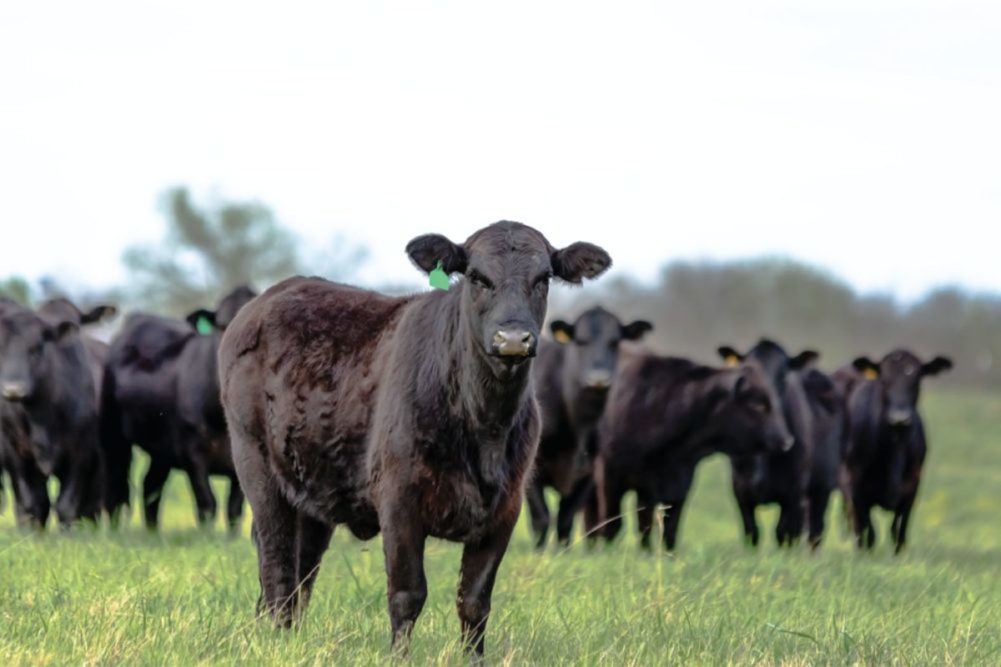BILLINGS, MONT. – R-CALF USA urged the US Environmental Protection Agency to exempt family farms from emissions reporting requirements. Bill Bullard, chief executive officer of R-CALF, submitted formal comments stating the group’s position on the Environmental Protection Agency’s plan to reconsider an earlier decision to exempt farms from reporting greenhouse gas emissions under the Emergency Planning and Community Right-to-Know Act (EPCRA).
A rule made during the Trump administration exempted Concentrated Animal Feeding Operations (CAFOs) from the EPCRA which was passed in 1986. However, in 2021 President Biden issued an executive order directing federal agencies to review regulations that might conflict with the administration’s goals to address climate change.
R-CALF urged the EPA to exempt all farming and ranching grazing operations, all farmer/feeder-sized feedlots (those with a one-time capacity of less than 1,000 head), and all mid-sized feedlots that fit the US Department of Agriculture’s definition of a “family farm.”
“R-CALF USA strongly believes that grazing operations should be exempt from any animal waste reporting requirements EPA may be considering under EPCRA,” the organization said in its comments. “However, because grazing operations often contain structures for purposes of corralling livestock for vaccination, sorting, weaning, and shipping — though the livestock spend the vast majority of their time grazing; and because grazing operations often contain buildings to protect livestock from the elements primarily during calving and lambing seasons, the EPA’s definition of “facility” should be amended to specifically exempt such structures and buildings that are located on grazing operations but used only periodically and/or seasonally.”
The group further urged the EPA to redefine small, medium and large confinement cattle operations like feedlots, arguing that the agency’s attempt to define these operations is “misguided.”
“CAFOs are distinct from grazing operations in that the livestock confined in a CAFO are fed by the CAFO operator to maintain their physiological condition rather than being allowed to graze on vegetation for their sustenance,” R-CALF said. “The former typically requires manure management by the operator; the latter relies on the natural decomposition process to rejuvenate soils supporting the growth of the very vegetation consumed by the livestock.”
Furthermore, feedlots with a one-time capacity between 1,000 – 49,999 head should be considered medium-sized feedlots and that all of those that met the USDA’s definition of a family farm should be exempted from any reporting of greenhouse gas emissions, according to the rancher group.
“The EPA should refrain from imposing any additional regulatory burdens on America’s family farmers and ranchers as doing so will only accelerate the unfavorable transition from an environment-friendly family farm and ranch system of food production to an environmentally-taxing large-scale industrial system marked by high concentration and centralization,” the organization concluded.



